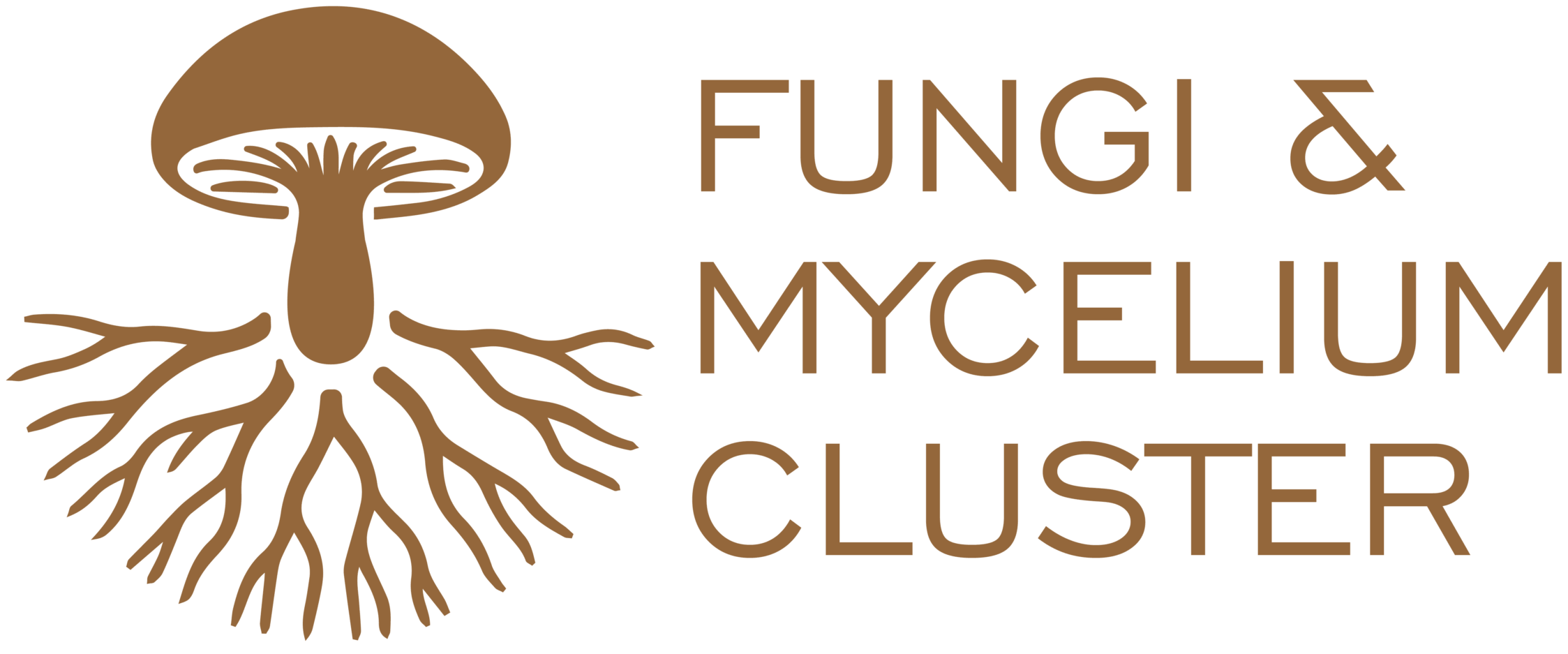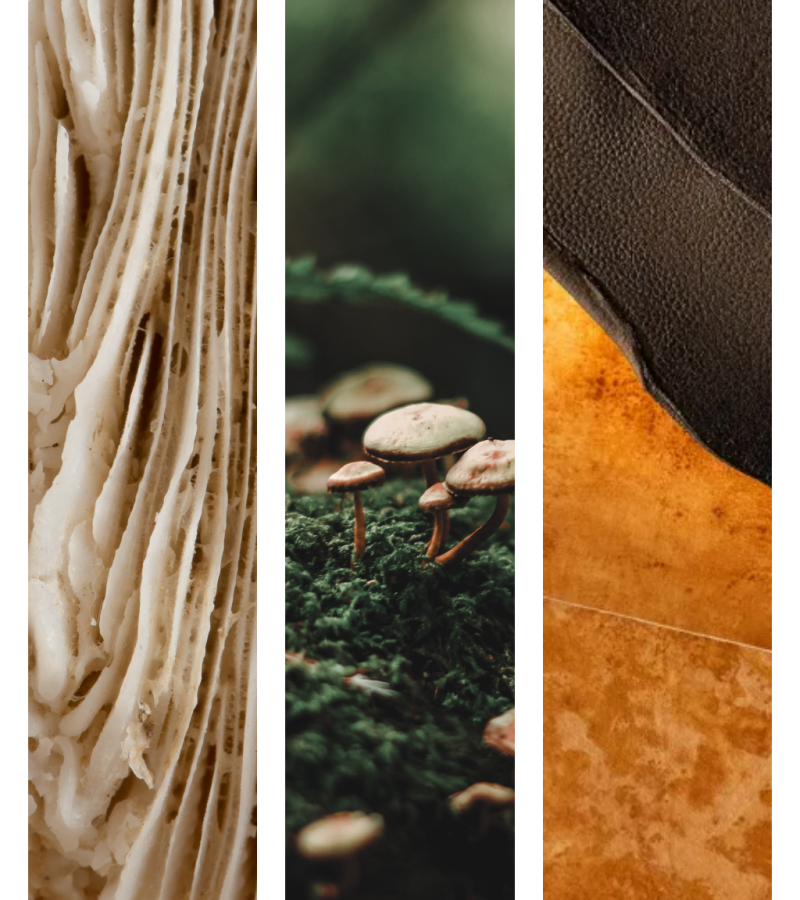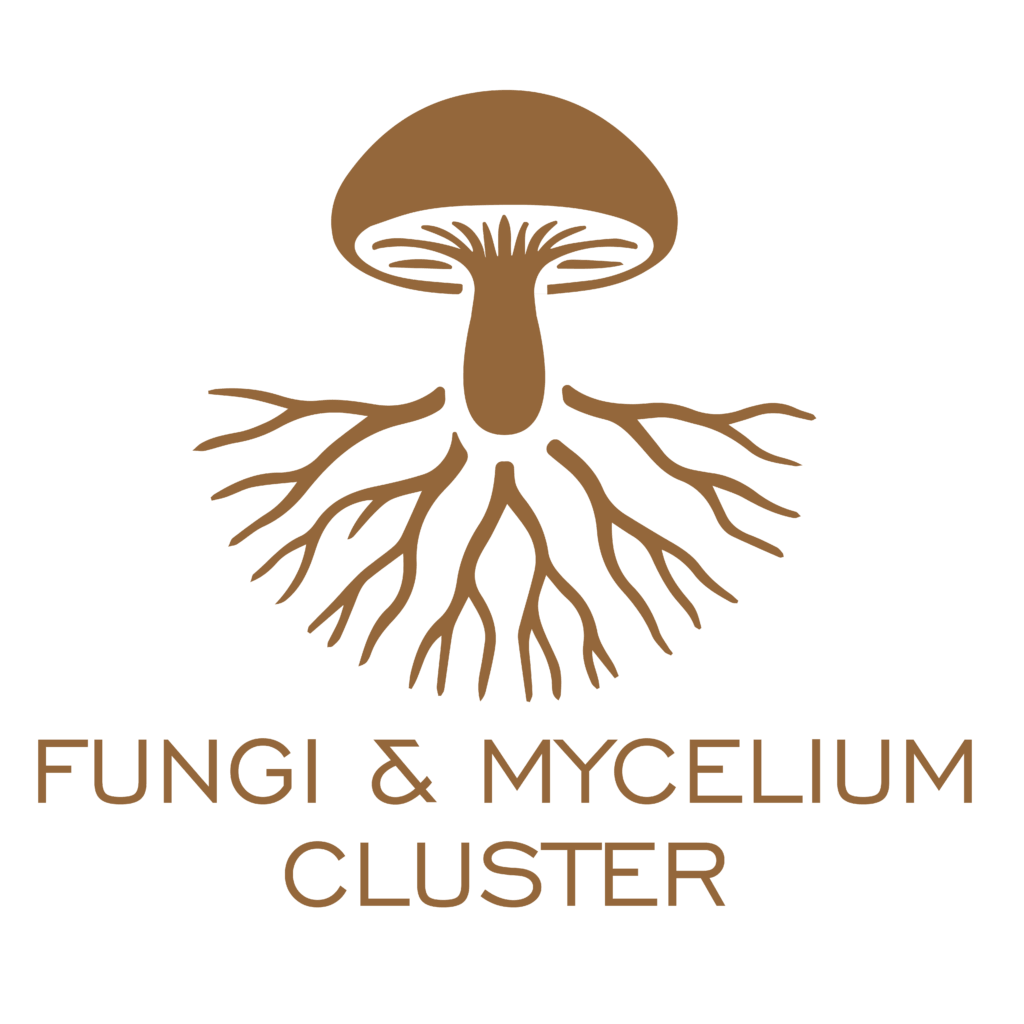MycoCluster
ABOUT US
Cluster
Cluster Background
MycoCluster was established as a pan-European initiative in response to the growing need for a coordinated, cross-border effort to develop the fungi and mycelium sector—an emerging domain with enormous potential for sustainable innovation across multiple industries.
Given the highly specialised and still-nascent nature of this field, no single country or region currently holds the critical mass of stakeholders required to sustain a vibrant, standalone cluster. Therefore, a European-scale approach was essential to bring together a diverse and complementary set of actors from the quadruple helix: academia, industry, government, and civil society.
Importantly, fungi and mycelium are still frequently misclassified as “plant-based” in both public discourse and business ecosystems. In reality, fungi represent a distinct biological kingdom—neither plant nor animal—with unique regenerative, biochemical, and structural properties. Despite their extraordinary potential, fungi and mycelium remain significantly underrepresented in mainstream innovation events, funding instruments, and policy frameworks. One of MycoCluster’s central missions is to elevate the visibility and strategic importance of this sector across Europe and beyond.
The cluster is a flagship outcome of the European Commission–funded I3-Strand-2B project “STARRISE”, which supports interregional innovation investments in emerging and strategic sectors. The foundation of MycoCluster was laid through the Entrepreneurial Discovery Process (EDP)—a participatory methodology at the heart of Smart Specialisation Strategies (S3).
Through this process, seven regions—Latvia, Portugal, Martinique, the Canary Islands, Germany, Romania, and Greece—collaborated to assess their regional strengths and identify fungi and mycelium as promising innovation domains with strong cross-sectoral relevance.
The EDP involved stakeholder workshops, expert consultations, and opportunity mapping, during which a broad range of potential cluster beneficiaries were identified. These included R&D institutions, biotech startups, food producers, sustainability-driven SMEs, creative industries, and public bodies. The findings revealed not only significant market potential, but also opportunities for scalable, cross-regional value chains across sectors such as food, construction, textiles, packaging, cosmetics, and advanced bio-based materials.
In response, MycoCluster was created to bridge regions, connect innovators, and catalyze fungi- and mycelium-based growth at the European level. It now serves as a collaborative platform to coordinate joint research and innovation, stimulate entrepreneurship, support access to funding, and foster new value chains within the EU and in third countries.
At its core, MycoCluster aims to raise visibility, unlock collaboration, and bring fungi and mycelium into the spotlight as strategic assets of Europe’s green and circular economy transformation.

At the heart of Mycocluster lies a commitment to:
Promoting cross-sector partnerships among academia, startups, established companies, and policymakers;
Accelerating the development and market readiness of myco-based materials and products;
Creating new business opportunities by integrating fungi innovation into traditional and emerging industries;
Supporting education and awareness on the benefits of fungi and mycelium in creating resilient, sustainable systems.
Facilitating events for cluster participants to build new value chains and drive sustainable growth in environment and industry.
We Support
Why Join Mycocluster?
Mycocluster is the first dedicated platform uniting innovators, researchers, startups, corporates, and investors across the fungi and mycelium value chain to accelerate the development of sustainable, fungi-powered industries.
By joining Mycocluster—completely free of charge—partners unlock a wide range of strategic benefits:
- Access to a cross-sector ecosystem spanning food, construction, packaging, cosmetics, textiles, biotechnology, and more
- Joint development of research and business projects, including support for building consortia and applying for national, EU, and international funding schemes
- Creation of new value chains across the European Economic Area and third countries, boosting international collaboration and market access
- Investor matchmaking and co-creation opportunities with R&D institutions, industry clusters, and entrepreneurs
- Exclusive access to a closed LinkedIn-based discussion group, fostering real-time knowledge exchange, collaboration, and curated partner searches
- Regular partner-only newsletters with market insights, funding alerts, innovation trends, and policy updates, keeping you informed and ahead of the curve
- Visibility and recognition as a frontrunner in fungi and mycelium-based innovation, circular solutions, and the emerging bioeconomy
Whether you’re seeking to innovate, collaborate, scale, or lead—Mycocluster is your gateway to growth, sustainability, and global impact.
Diversity
Industries supported
Construction
Mycelium-based materials are emerging as a sustainable alternative to conventional construction materials. They are lightweight, biodegradable, fire-resistant, and offer good thermal and acoustic insulation. Mycocluster promotes collaboration in developing building panels, insulation products, acoustic panels, and even bricks made from fungi—pushing the boundaries of green construction.
Food & Nutrition
Mushrooms are not only a rich source of nutrients but also a key player in future food systems. From gourmet delicacies to meat alternatives and functional ingredients, the fungal kingdom holds vast potential. We support innovations in mushroom farming, food processing, fermentation technologies, and novel food products that contribute to a healthier, more sustainable diet.
Cosmetics & Personal Care
Bioactive compounds from mushrooms such as beta-glucans, antioxidants, and anti-inflammatory agents are increasingly used in skincare and beauty products. Mycocluster connects cosmetics developers with mycology researchers and raw material producers to support the development of clean, ethical, and science-backed cosmetic products.
Textiles & Fashion
Mycelium-based textiles and leather-like materials offer an eco-friendly alternative to animal hides and synthetic fabrics. These biomaterials are biodegradable, durable, and stylish—paving the way for sustainable fashion. Mycocluster encourages collaboration between designers, material scientists, and producers to scale up and diversify fungal textiles.
Packaging
Mushroom-based packaging is biodegradable, home-compostable, and capable of replacing plastic foams like Styrofoam. It's ideal for protective packaging in electronics, consumer goods, and food. We work to expand industrial capacity, streamline supply chains, and raise awareness of fungi as a game-changing solution to plastic pollution.
Agriculture
This cluster focuses on the agricultural potential of fungi and mycelium in promoting healthier, more sustainable farming systems. Key applications include mycorrhizal fungi to boost nutrient uptake, biofertilizers for soil enrichment, and natural antifungal agents as eco-friendly alternatives to chemical pesticides. Mycelium also plays a role in composting, waste reduction, and improving soil structure. The cluster encourages collaboration between researchers, farmers, and agri-tech innovators to support regenerative practices and the transition to a circular bioeconomy.
Biotechnology (Life science)
Fungi and mycelium are rich sources of enzymes, antibiotics, and other bioactive compounds. They are also used as biofactories in fermentation and synthetic biology. Mycocluster encourages biotech innovation in areas such as pharmaceuticals, bio-based chemicals, and environmental remediation, helping to shape a resilient bioeconomy.
Substrate production
High-quality substrates are essential for efficient mycelium growth and mushroom cultivation. Mycocluster promotes innovation in substrate development by utilizing local agricultural and industrial byproducts, turning waste into valuable inputs. Through collaboration and research, we support circular practices that enable scalable production across food, materials, and biotech applications.
Furniture & Design Elements
This cluster focuses on using mycelium-based materials to create sustainable furniture and interior design elements. Mycelium offers a biodegradable, fire-resistant, and acoustic-friendly alternative to traditional materials. Designers and makers in this cluster emphasize circular design and innovative aesthetics through bio-based solutions.
The Team
Meet the Cluster Creators
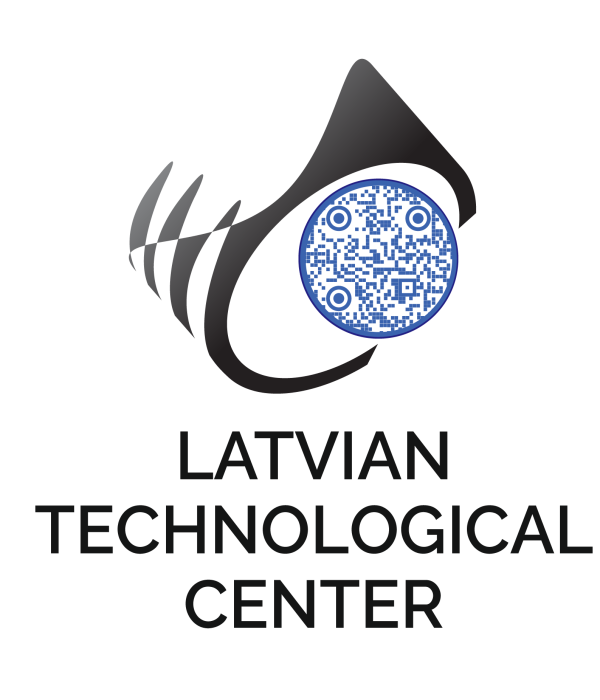
Latvian Technological center (LTC)
— Creator of Mycocluster, LTC is a catalyst for innovation in bio-based industries, bringing together stakeholders to unlock the potential of fungi and mycelium through collaboration, research, and sustainable development.
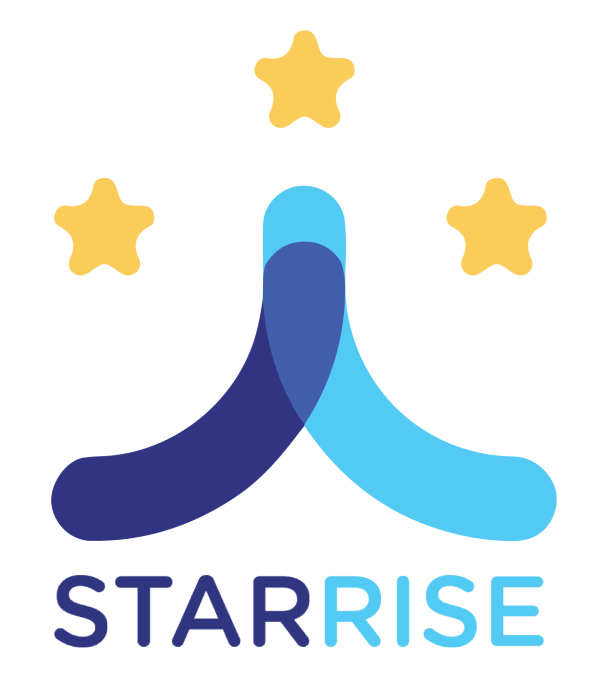
StarRise
— Mycocluster originates from the Starise project, which supports regional innovation and sustainable, cross-sector collaboration.
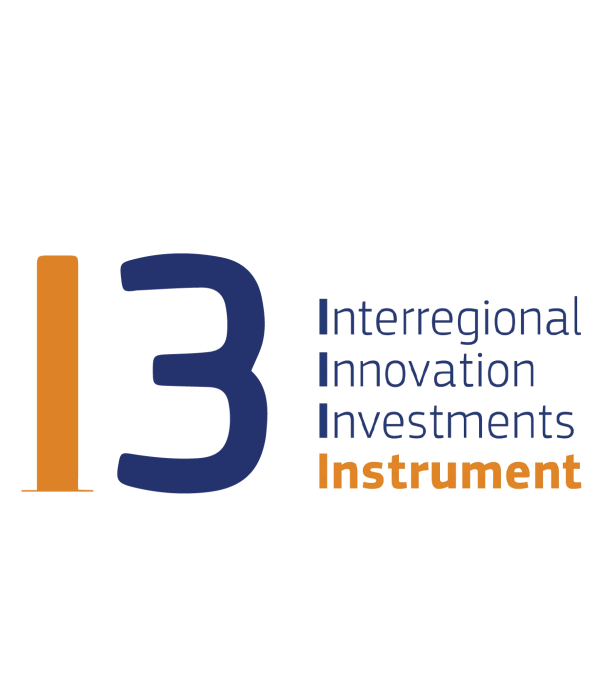
I3
— Mycocluster originates from the I3 project, which supports regional innovation and sustainable, cross-sector collaboration.
